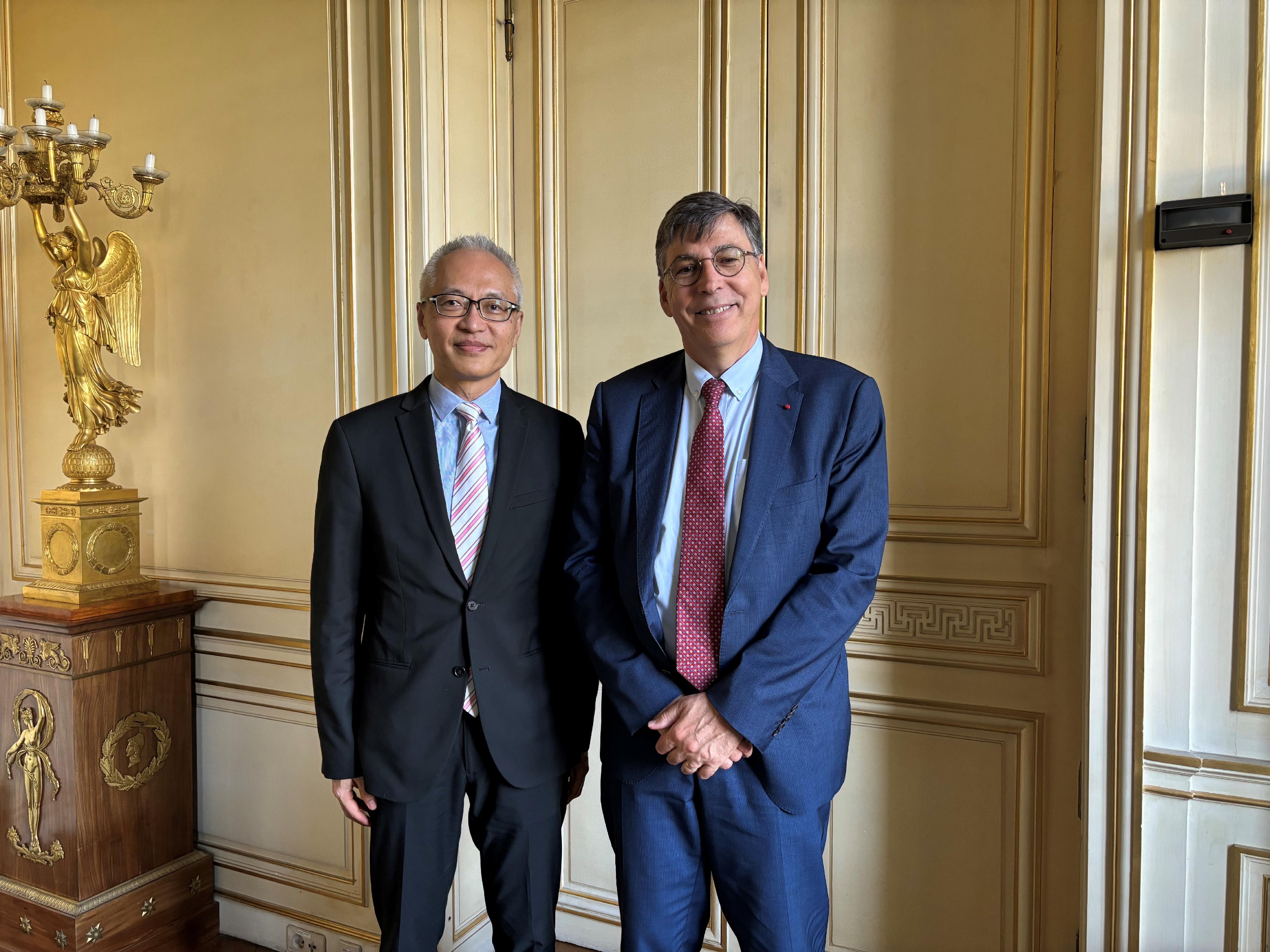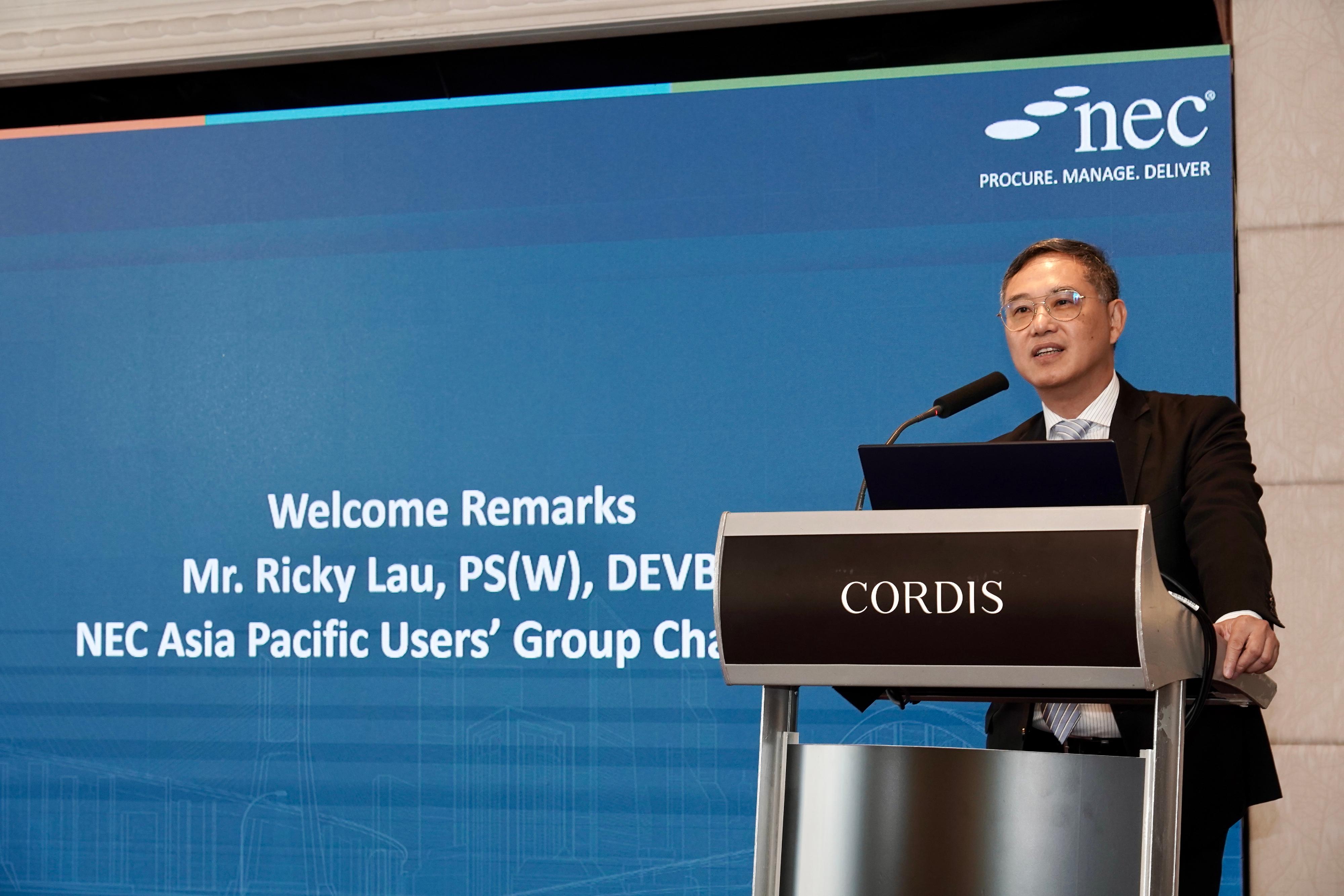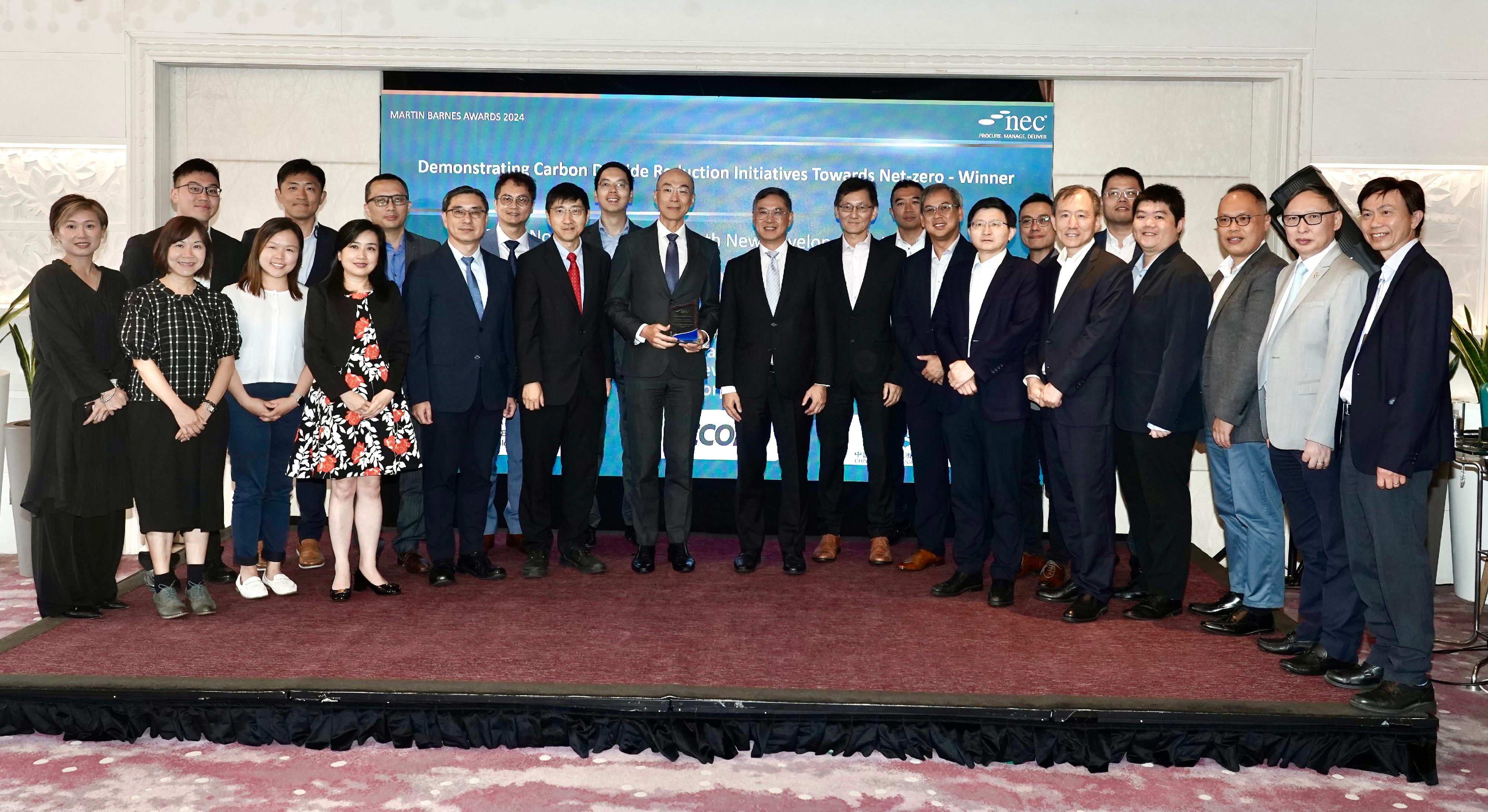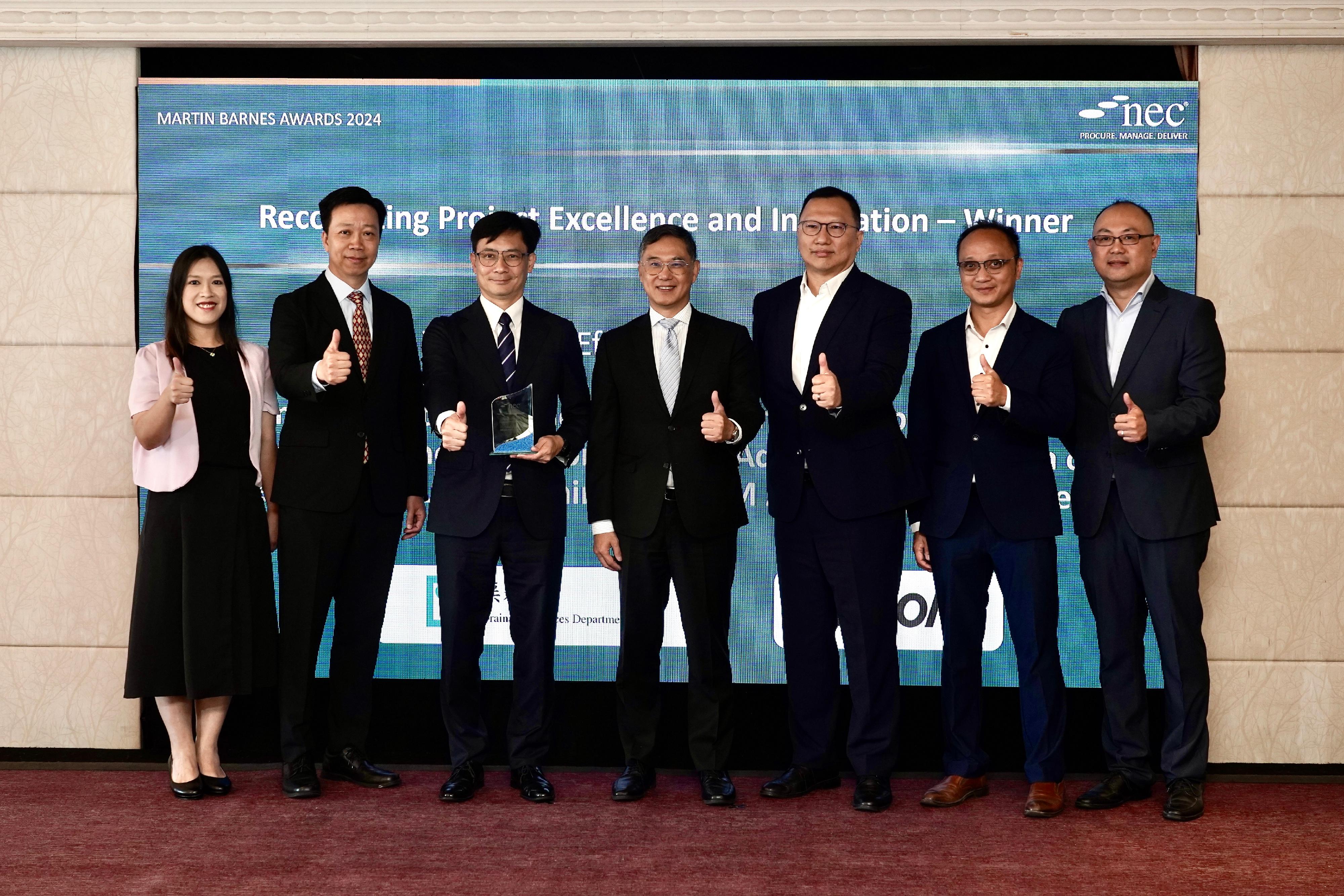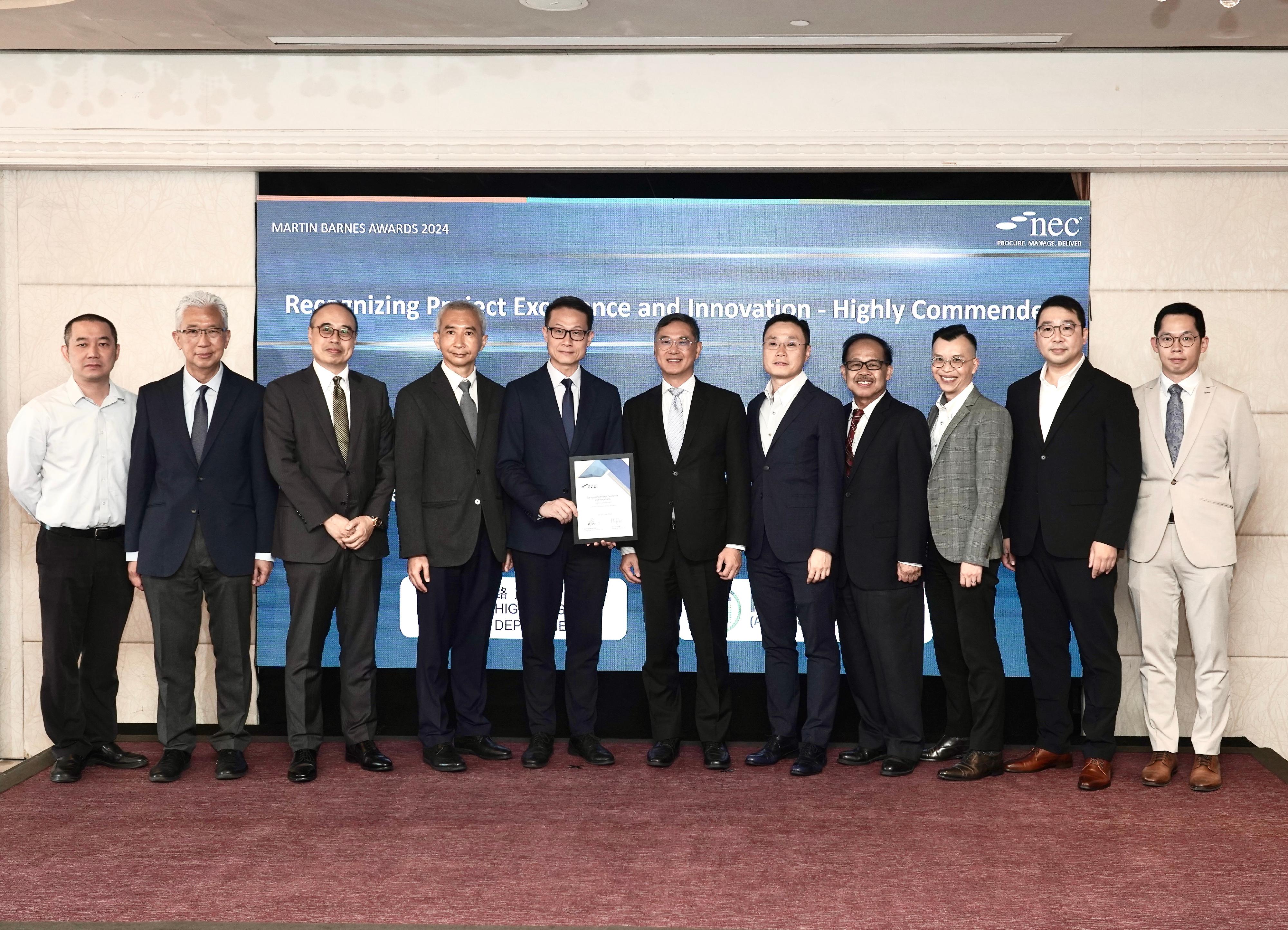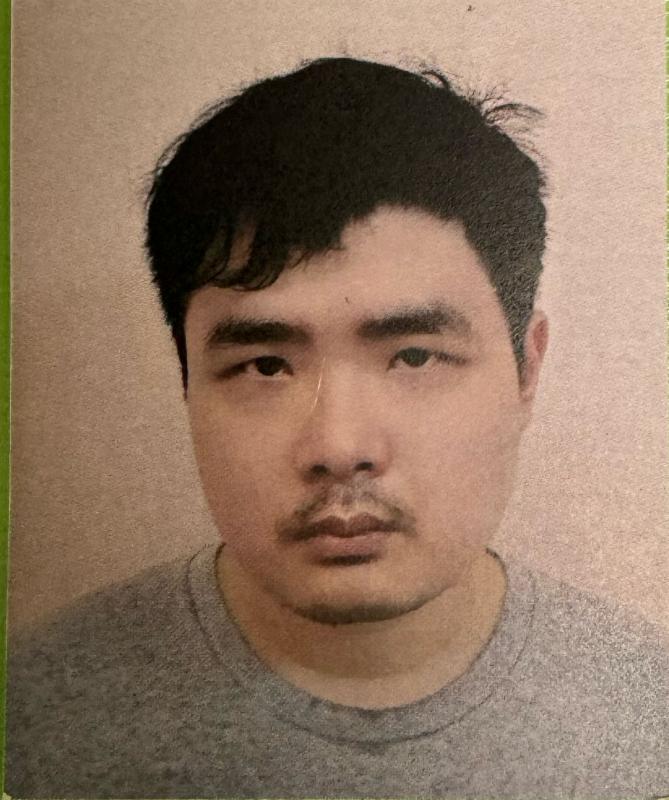Collaboration between BDF and HKMA unlocks new CBDC cross-border opportunities (with photo)
The following is issued on behalf of the Hong Kong Monetary Authority:
The Banque de France (BDF) and the Hong Kong Monetary Authority (HKMA) are pleased to announce today (June 27) their collaboration relating to wholesale central bank digital currency (CBDC).
The BDF and the HKMA have been maintaining a close partnership in promoting financial innovation. The latest collaboration is the HKMA's participation in Wave 2 of the European Central Bank (ECB)'s Eurosystem exploratory work (Note 1), marking an important milestone as a major central banking institution outside the Eurosystem participating in the initiative. The two central banking institutions recently entered into a Memorandum of Understanding (MoU), which signified a step forward in bilateral cooperation to foster innovation in wholesale CBDC and tokenisation market.
The two central banking institutions will delve into the study of interoperability between their wholesale CBDC infrastructure, i.e. the BDF's DL3S (Note 2) and the HKMA's Project Ensemble Sandbox (Note 3), with the main focus on real-time cross-border and cross-currency payments. The cross-border experiment aims to explore how to optimise settlement efficiency of cross-border transactions, and facilitate interoperability between financial market infrastructures in different jurisdictions.
Under the MoU, the BDF and the HKMA agree to strengthen communication and collaboration, as well as to lay the foundations for further efforts on tokenisation and new technologies.
First Deputy Governor of the BDF Mr Denis Beau said, "As we have set the clear objective to improve cross-border payments, we have the opportunity brought by the Eurosystem exploratory work to collaborate with the HKMA on different use cases for payment versus payment between the tokenised form of the Hong Kong dollar and the Euro. The HKMA’s recent announcement for the launch of Project Ensemble was very timely to initiate this cooperation. We look forward to further testing our DL3S platform in this context and hope that together we can facilitate the financial inclusion expected from enhanced cross-border payments."
Deputy Chief Executive of the HKMA Mr Howard Lee said, "It is evident that there is a huge potential for collaboration between France and Hong Kong in various areas. Particularly in the Fintech sector, both the BDF and the HKMA have well proven themselves as pioneers in the field of CBDC. The HKMA announced Project Ensemble early this year to explore innovative financial market infrastructure that will facilitate seamless interbank settlement of tokenised money through wholesale CBDC. With the collaboration between BDF's DL3S and the HKMA's Project Ensemble Sandbox underway, we look forward to joining hands with the BDF to further explore different cross-border payment solutions and use cases, to promote financial market connectivity and push forward the development of the global tokenisation market."
Note 1: The ECB's Eurosystem exploratory work involves the exploration of new technologies for wholesale central bank money settlement in the form of trials with actual settlement in central bank money and experiments with mock settlement in a test environment. Please refer to the ECB's website (www.ecb.europa.eu/paym/integration/distributed/exploratory/html/index.en.html) for more details.
Note 2: Distributed Ledger for Securities Settlement System. Please refer to the ECB's website (www.ecb.europa.eu/press/intro/news/ecb.mipnews231213_annex2.en.pdf) for more details on the BDF's Full DLT Interoperability Solution (also known as DL3S).
Note 3: The Project Ensemble Sandbox will further research and test tokenisation use cases that include, among others, settlement of tokenised real world assets (e.g. green bonds, carbon credits, aircraft, electric vehicle charging stations, electronic bills of lading and treasury management). Please refer to the HKMA's Project Ensemble webpage (www.hkma.gov.hk/eng/key-functions/international-financial-centre/fintech/central-bank-digital-currency) for more details.
